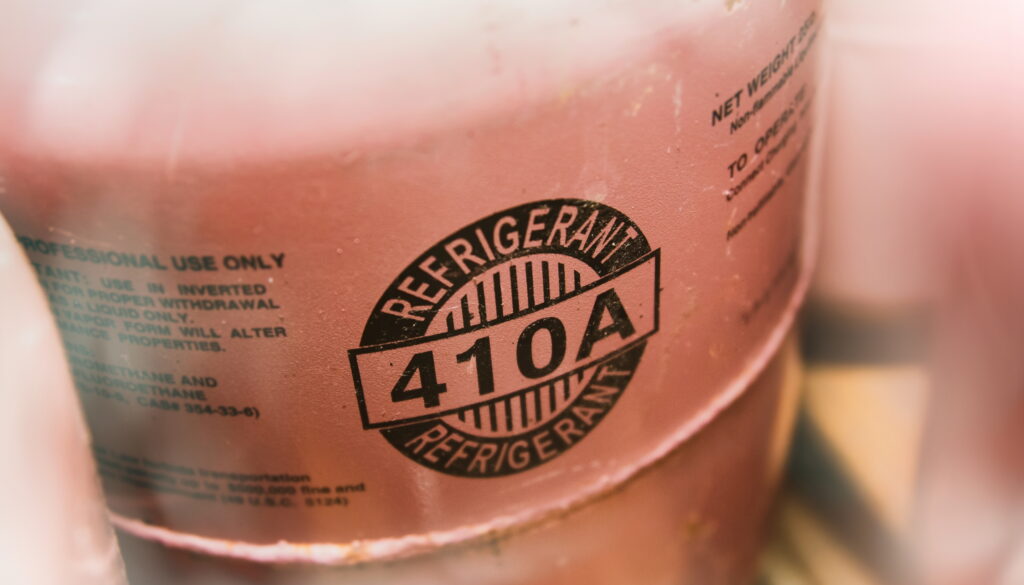
Rescinded regulations on the release of hydrofluorocarbons (HFCs) – a group of greenhouse gasses with 1000’s of times the global warming potential of CO2 in the near-term.
Created and adopted to replace ozone depleting chlorofluorocarbons (CFCs) in refrigeration and air conditioning, HFCs may not harm the ozone – but they do contribute considerably to global warming (relative to the quantities released). In recognition of this in 2016, the Environmental Protection Agency updated regulations under the Clean Air Act to address the intentional and accidental release of HFCs with the agency estimating the rule would reduce greenhouse gas emissions equivalent to eliminating 1,500,000 cars.
However – now under the direction of a climate-change-denying president and administered by a former coal lobbyist (Andrew Wheeler) – the EPA has reversed course on parts of the new regulations, favoring profits over protection. By the agencies own estimates, the rescinded requirement would be the equivalent of re-introducing ~650,000 cars, all for a measly $2-3 million dollars annual industry-wide savings.
Status
Feb. 26th, 2020 PARTIALLY RESCINDS REQUIREMENTS
Rescinded requirements for appliances containing 50+lbs of HFCs.
Hydrofluorocarbons and the Refrigerant Management Program | Harvard Regulatory Rollback Tracker
Notables
- Rescinded requirements include the requirement to: repair significant leaks, perform inspections & maintenance, retrofit or retire certain units, and report leaks to the EPA
US EPA rescinds HFC leak repair and prevention requirements | Chemical Watch (3.11.20)
- The repeal is expected to save industries $24 million a year over a decade at a social cost equivalent to having reintroduced 625,000 to 1,000,000 cars to the roads (nearly 3 million metric tons of CO2).
New EPA Rule Change Saves Industry Money but Exacts a Climate Cost | Inside Climate News (2.28.20)